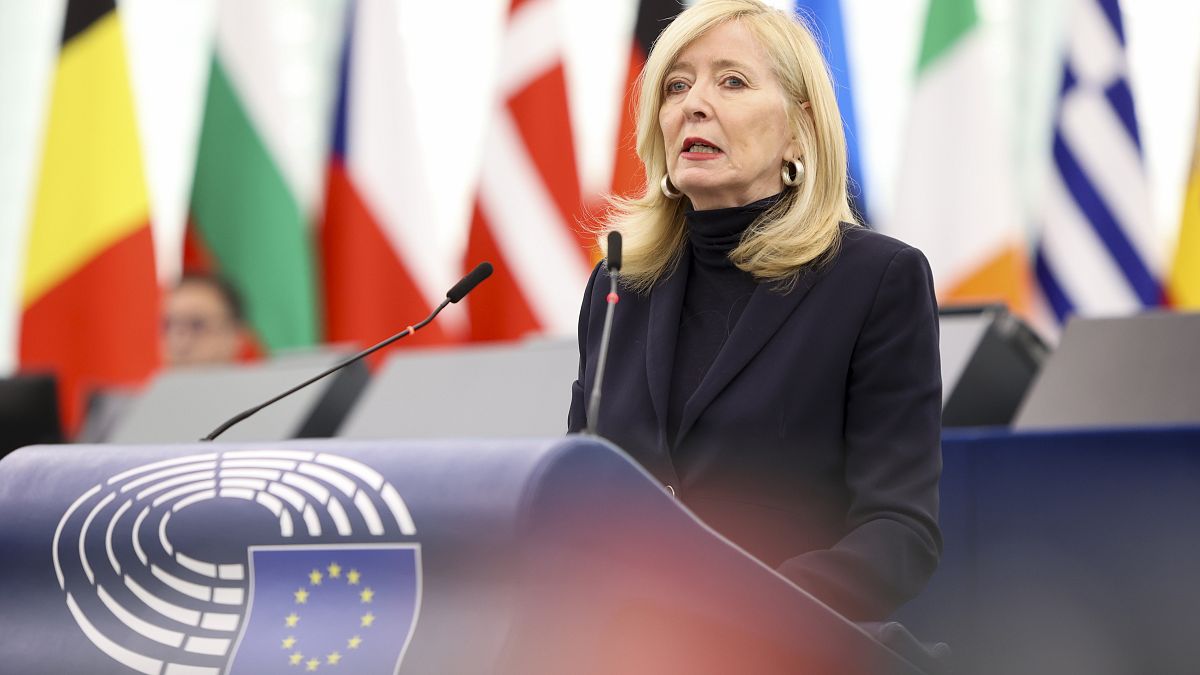The race to replace Emily O’Reilly as the EU Ombudsman is heating up, with candidates finding themselves in the midst of the Brussels bureaucracy. Many hopefuls are already facing challenges with the lack of transparency in the recruitment process. Candidates like Claudia Mahler are expressing frustrations with the difficulty of gaining MEP support and navigating the administrative hurdles. The process has been described as unclear and challenging, with candidates needing to secure 39 MEP signatures just to attend a committee hearing in December.
Mahler, who is currently a UN independent expert and team leader at the German Institute for Human Rights, is already envisioning the irony of potentially examining deficiencies in EU recruitment processes if she were to be appointed. She understands the importance of equal access to job opportunities and how challenging it can be to navigate these processes. Some candidates have raised concerns about the need to find an MEP “promoter” to market them internally, which could potentially compromise the independence of the Ombudsman.
Emilio De Capitani, a retired longtime staffer at the European Parliament, also shares concerns about the current recruitment process. He believes that the system of having to rely on an MEP for support could create conflicts of interest and undermine the independence that the Ombudsman should maintain. De Capitani has been a vocal advocate for transparency in EU lawmaking processes and is calling for a different procedure to be followed in future appointments. The issues raised by both Mahler and De Capitani highlight the challenges in the current recruitment process.
The candidates vying for the position of EU Ombudsman, including Teresa Anjinho, Reinier van Zutphen, Marino Fardelli, and Julia Laffranque, bring diverse backgrounds and experiences to the table. Mahler, who has never been part of the European Union, believes that her fresh perspective offers a unique viewpoint to the role. Despite the challenges and frustrations with the current recruitment process, candidates are determined to present their qualifications and pitch to MEPs as they compete for the coveted Ombudsman position.
The European Parliament has stated that the appointment process for the EU Ombudsman is in line with the institution’s rules of procedure. Each MEP can endorse only one candidate, and the Petitions Committee organizes hearings while the final decision is made via secret ballot. The process may seem straightforward on the surface, but candidates like Mahler and De Capitani have highlighted underlying issues with transparency and independence. As the race continues, candidates will need to navigate the Brussels bureaucracy and make their case to MEPs in their bid to become the next EU Ombudsman.










